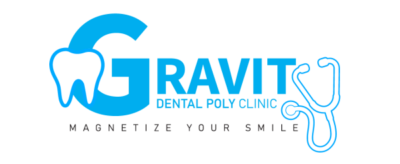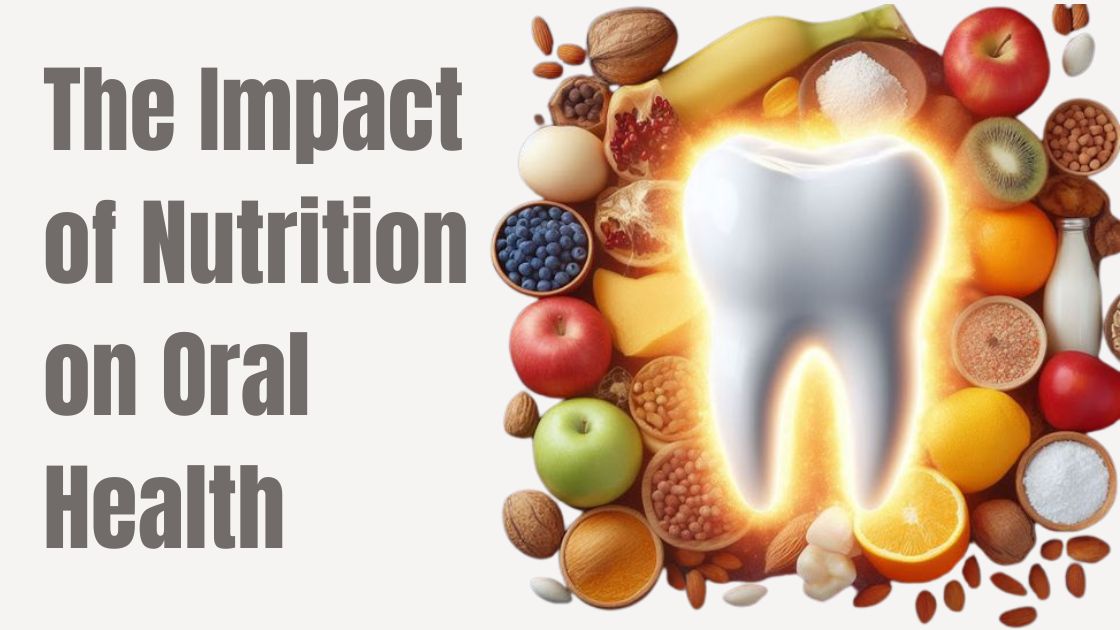Oral health represents a crucial facet of overall well-being. While brushing, flossing, and routine dental check-ups are frequently stressed, the influence of diet and nutrition on oral health often goes unnoticed. What we eat and drink holds considerable sway in upholding strong teeth and gums, thwarting dental issues, and even impacting the efficacy of dental procedures and surgeries. This blog explores how nutrition affects oral health, highlighting the importance of vitamins, minerals, and dietary habits in promoting dental health and preventing issues.
The Connection Between Diet and Oral Health
The mouth serves as the entrance to the body, and the food and beverages we consume have a direct effect on our oral well-being. Unhealthy eating habits can contribute to various dental issues such as cavities, gum disease, and halitosis. Conversely, a well-rounded diet packed with vital nutrients can promote strong teeth and gums, ward off oral ailments, and bolster overall health.
Tooth Decay and Sugary Foods
Tooth decay, or dental caries, is one of the most common dental problems worldwide. It occurs when the bacteria in the mouth convert sugars and starches from food and drinks into acids. These acids erode the enamel, the protective outer layer of the tooth, leading to cavities. Frequent consumption of sugary foods and beverages, such as candies, sodas, and baked goods, increases the risk of tooth decay.
To mitigate risk, it’s vital to curb consumption of sugary and starchy foods. Choose nutritious snacks such as fruits, vegetables, nuts, and cheese, which are less conducive to tooth decay. Moreover, opting for water over sugary beverages aids in rinsing away food remnants and lowering mouth acidity.
The Role of Vitamins and Minerals
Vitamins and minerals are vital for sustaining the well-being of teeth and gums. Insufficient levels of these nutrients can precipitate diverse oral health problems. Here are several key vitamins and minerals that are pivotal for oral health:
Vitamin C
Vitamin C plays a crucial role in the well-being of gums and soft mouth tissues. It facilitates collagen production, which is pivotal for upholding gum strength. Insufficient vitamin C can result in gum disease, marked by inflamed, bleeding gums, and ultimately, tooth loss. Citrus fruits, strawberries, kiwi, and bell peppers stand out as top providers of vitamin C.
Vitamin D
Vitamin D is indispensable for calcium absorption, essential for robust and vibrant teeth. Additionally, it contributes to overall bone health, fortifying the jawbone and averting tooth loss. Insufficient vitamin D levels can result in weakened teeth and bones, heightening susceptibility to fractures and dental decay. Sunlight exposure, fatty fish, and fortified dairy products serve as excellent sources of vitamin D.
Calcium
Calcium stands as a pivotal mineral in fostering robust teeth and bones. It aids in enamel remineralization, shielding teeth against decay and erosion. Inadequate calcium intake may result in compromised teeth and heightened vulnerability to cavities and periodontal disease. Rich sources of calcium include dairy products, leafy green vegetables, and fortified plant-based milk.
Phosphorus
Phosphorus collaborates with calcium to fortify bones and teeth, crucial for enamel formation and durability. Inadequate phosphorus intake can jeopardize dental health. Foods like meat, fish, eggs, dairy products, and nuts offer ample phosphorus content.
Dietary Habits and Oral Health
In addition to consuming essential vitamins and minerals, adopting healthy dietary habits is crucial for maintaining good oral health. Here are some dietary habits that can promote healthy teeth and gums:
Balanced Diet
Ensuring oral health requires a balanced diet encompassing diverse foods from all food groups to attain essential nutrients. Incorporate ample fruits, vegetables, whole grains, lean proteins, and dairy products into your meals. These foods provide essential vitamins, minerals, and antioxidants that support oral health and overall well-being.
Hydration
Maintaining oral health hinges on adequate hydration. Water aids in flushing out food remnants, neutralizing mouth acidity, and averting dry mouth, a precursor to tooth decay and gum disease. Additionally, consuming fluoridated water can fortify tooth enamel and stave off cavities.
Limiting Acidic Foods and Beverages
Acidic foods and beverages, such as citrus fruits, tomatoes, wine, and soda, can erode tooth enamel and increase the risk of cavities. While it is not necessary to eliminate these foods entirely, it is important to consume them in moderation and rinse your mouth with water afterward to neutralize the acids.
Snacking Wisely
Frequent snacking can increase the risk of tooth decay, especially if the snacks are high in sugar and starch. If you do snack, choose healthier options such as fruits, vegetables, nuts, and cheese. These foods are less likely to cause tooth decay and can even help protect your teeth.
Nutrition and Dental Treatments
Proper nutrition is also essential for the success of dental treatments and surgeries. A balanced diet rich in vitamins and minerals can support the healing process, reduce the risk of infections, and promote the overall success of dental procedures. For instance, patients recovering from dental surgery, such as dental implants or gum surgery, require adequate nutrition to support tissue repair and bone regeneration.
Bottom Line
To sum up, diet and nutrition are pivotal in sustaining oral health and averting dental issues. A well-rounded diet abundant in vital vitamins and minerals, coupled with wholesome eating practices, can contribute to the maintenance of healthy teeth and gums, thereby diminishing the likelihood of oral diseases.
By making informed dietary choices and seeking professional dental services regularly, you can ensure a lifetime of healthy smiles.



